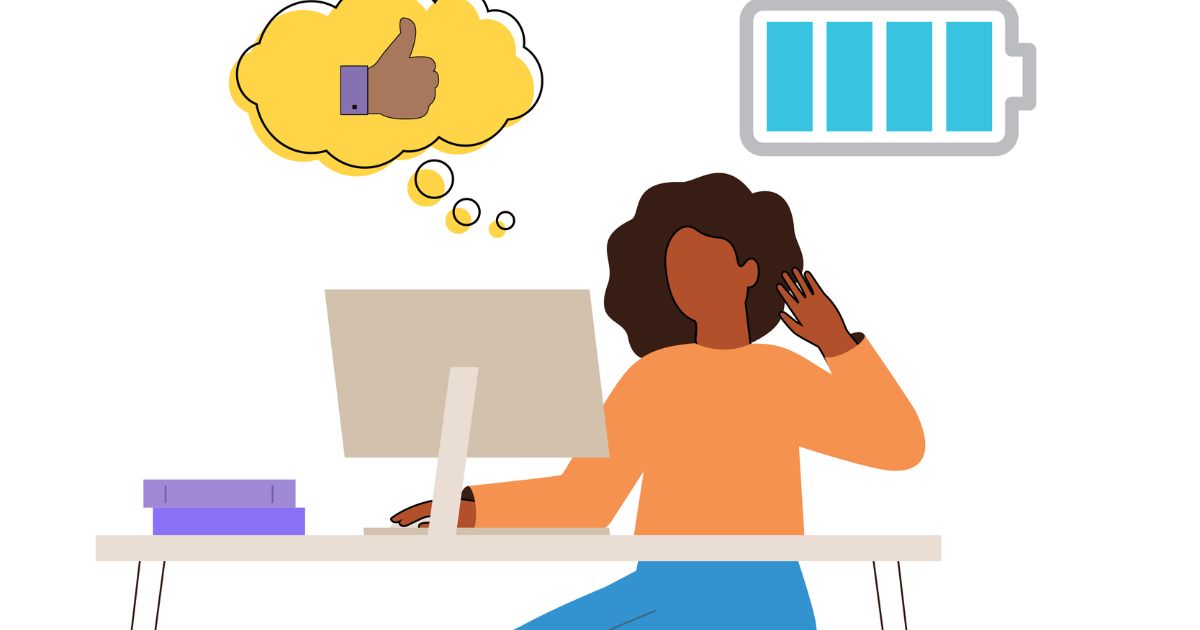In recent years, it has become increasingly common for individuals to open up about their mental health struggles on social media platforms.
While this trend has undoubtedly played a role in reducing the stigma surrounding mental health, a new study has shed light on the potential impact such disclosures can have on future employment prospects.
The research suggests that potential employers may view job candidates differently if they have publicly discussed their personal mental health struggles online.
Motive Behind Sharing Mental Health Struggles On Social Media
Lori Foster, a professor of psychology at North Carolina State University and one of the study’s co-authors, points out the well-intentioned motive behind sharing mental health experiences on social media.
It’s often encouraged as a means to combat the stigma associated with mental health challenges, fostering a sense of solidarity and understanding among individuals facing similar issues.
However, the study underscores that there may be unintended consequences when it comes to one’s professional life. Employers, it appears, may perceive job candidates differently based on their public discussions about mental health.
This raises important questions about the balance between advocacy for mental health awareness and the potential repercussions on one’s career.
The findings of this study shed light on a complex issue in today’s digital age. Social media has become a powerful platform for self-expression, where individuals feel empowered to share their personal experiences, including those related to mental health.
However, this newfound freedom of expression can sometimes come at a cost when it collides with the norms and expectations of the professional world.
In an era where authenticity and transparency are celebrated, many individuals see sharing their mental health journeys as a way to humanize themselves and break down societal taboos.
By sharing their struggles, they hope to foster empathy, encourage open dialogue, and provide support to others facing similar challenges.
Nevertheless, the study’s findings suggest that while this openness may resonate with some, it may not be universally embraced.
Potential employers, who often scrutinize candidates’ online presence, may perceive public discussions about mental health as a sign of vulnerability or instability.
This creates a conundrum for individuals who want to be advocates for mental health while also safeguarding their professional prospects.
Striking a balance between personal advocacy and professional aspirations is not always straightforward, and the study highlights the need for individuals to be mindful of the potential consequences of their online disclosures.
One possible solution could be for individuals to be selective about what they share and where they share it.
Private and professional social media profiles could be used to maintain a boundary between personal and public aspects of one’s life. This approach allows individuals to continue advocating for mental health while minimizing the risk of negative perceptions from potential employers.
Moreover, organizations can play a pivotal role in fostering a workplace culture that supports employees’ mental health needs.
Companies that prioritize mental well-being and create an environment where employees feel comfortable seeking help can contribute to reducing the perceived stigma around mental health discussions.
It’s crucial to recognize that there is no one-size-fits-all approach to navigating the intersection of mental health advocacy and career aspirations.
Individuals should weigh their personal convictions and priorities when deciding how and where to share their mental health experiences online.
In conclusion, the study’s findings serve as a valuable reminder of the complexities surrounding the intersection of personal advocacy for mental health and professional considerations.
While sharing mental health struggles on social media can be a powerful tool for raising awareness and reducing stigma, it’s essential for individuals to be aware of the potential implications on their career prospects.
Striking a balance between authenticity and professional aspirations requires careful consideration and discernment in the digital age.
Ultimately, the hope is that societal attitudes will continue to evolve, fostering an environment where individuals can openly discuss mental health without fear of negative repercussions in their professional lives.









